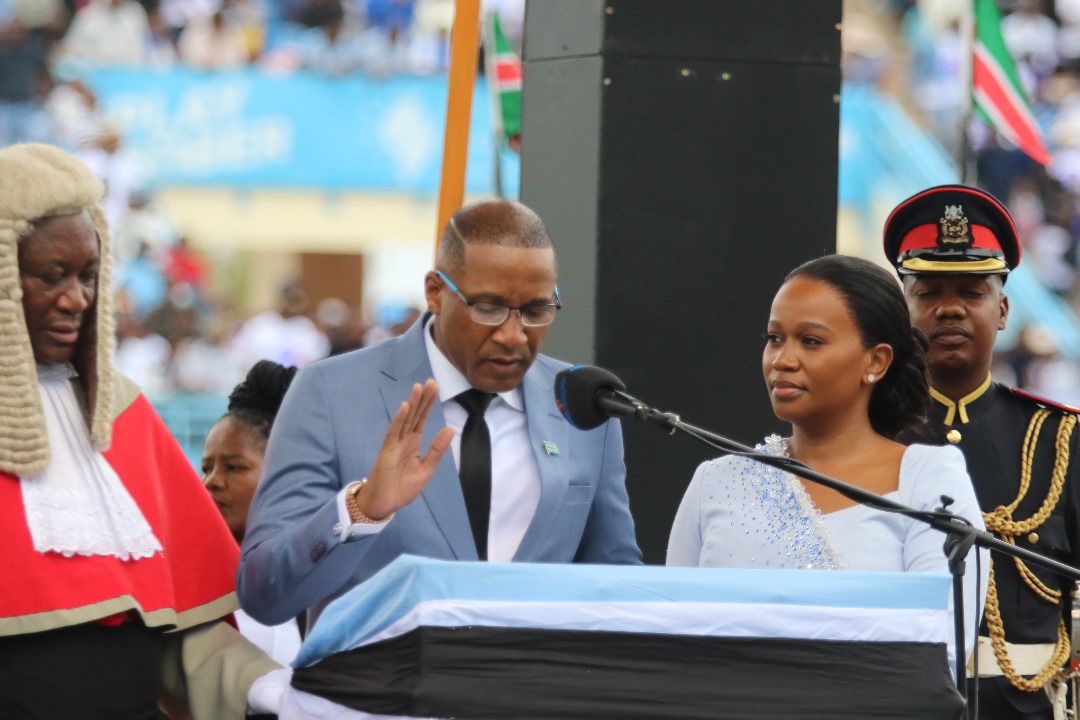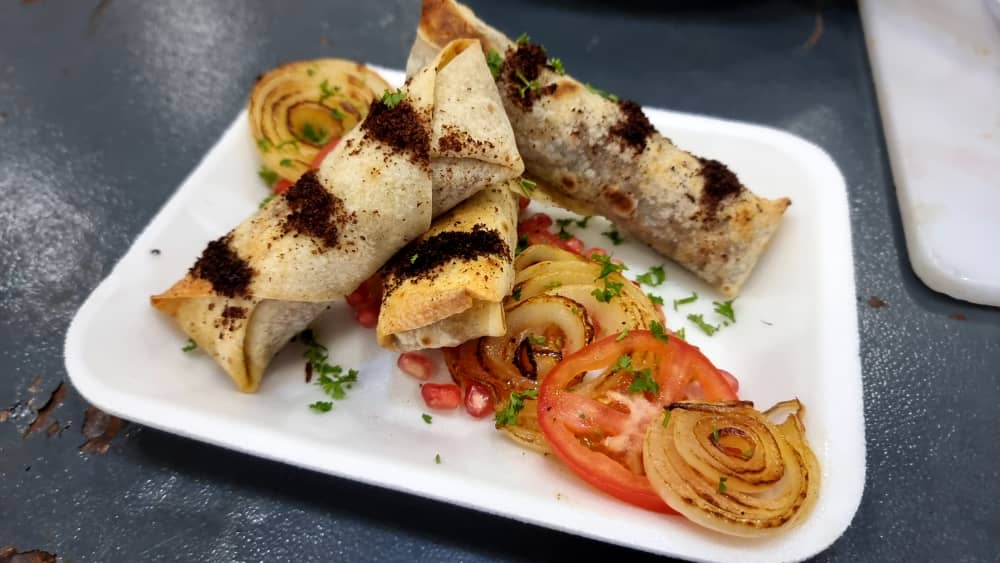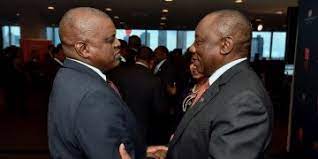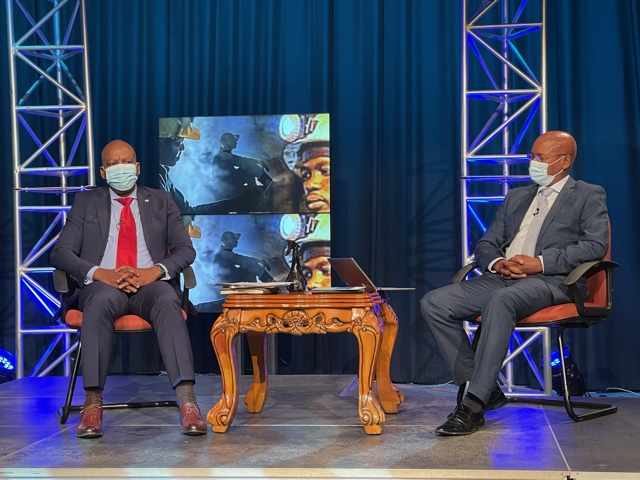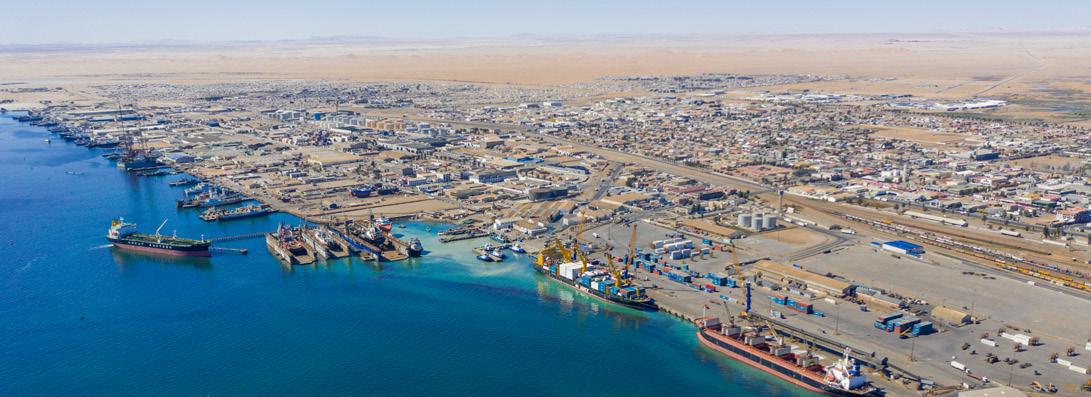
Namibia's Port - Pic by Venture Media Issuu
Vitalio Angula
Mee Nangula sits in her two * four cubicle at the open market at Windhoek’s Single Quarter’s which has come to be known in the local vernacular as “Uutara waa Libertine”, named after one of Namibia’s liberation icons, Libertine Amathila!
This open market was constructed for trade amongst the local inhabitants but the vision of the first women who formed part of Sam Nujoma’s first cabinet in 1990 stretched further.

These women, who included Libertine Amathila, Pendukeni Ithana and Namibia’s Vice-President Her Excellency, Netumbo Nandi Ndaitwah, had a vision that stretched so much further; an African market for Namibian products, AFCFTA!
The African Continental Free Trade Area (AFCFTA) ushers in a new opportunity for traders like Mee Nangula who will no longer be limited by borders, tariffs, excise duties and taxes as they tap into a market of 54 nations with a population of 1.3 Billion.
Namibia acceded to AFCFTA on 1 January 2023 and in October 2024 the Southern African State will dispatch its inaugural domestic shipment under the agreement, “marking a significant milestone in its trade relations”.
The Promise of AFCFTA for Namibian Businesses
At a gala dinner in August this year, Netumbo Ndaitwah, urged Namibian business people to be prepared to play their role in ensuring the country reaps the benefits in ensuring the country reaps the benefits of AfCFTA.
She said, “The agreement is an important instrument that Africa has adopted to drive economic development, industrialization and intra-Africa trade”.
In AFCFTA, Namibia has a market for its semi-precious Tantalite from Uis, its Marula Oil from Ondangwa, and precious Kudu Skins which have been banned in the European markets but which Africans love to adorn as part of their heritage.
The rising restrictions of trade with our European counterparts offer an opportunity to Africans to trade amongst one another but there are challenges such as conversion of currency and freedom of movement.
Challenges Confronting AFCFTA
As a free trade area, AFCFTA, and all participating states that are signatory should embark on a common monetary area that can facilitate real time payment for parties involved in continental transactions.
Furthermore, our border controls have to be trained in handling goods from African countries destined for African countries.
The adoption of a set African standard for products and certification is another avenue that gives unlimited possibility of trade within the continent.
Renewed Hope under Ndaitwah and SWAPO’s Leadership
Under the banner of SWAPO (which is most likely to win the Presidential and National Assembly Elections slated for November this year) traders like Mee Nangula have access to a much wider market; a market that brings together Southern African Development Community SADC, the Economic Community of West African States (ECOWAS), the Common Market for Eastern and Southern Africa (COMESA) and the Arab Maghreb Union (AMU) of the Sahel-Saharan State (CEN-SAD).
The AFRICAN UNION and Speaking with a Single Voice
The just-ended United Nations General Assembly where African nations spoke with a single voice on the need for African nations to have two permanent seats and veto rights is an example of Africa speaking with a single voice on matters affecting the continent.
The co-facilitation of the Summit of the Future by Namibia President Nangolo Mbumba, and his German counterpart Chancellor Olaf Scholz, where the “Pact of the Future” was adopted as a pledge to move faster towards achieving the United Nations Sustainable Development Goals and the Paris Agreements Commitments on Climate Change is a clarion call to multilateralism in facing global challenges.
However, the question remains;
How can member states of the AU take advantage of AFCFTA in achieving the UN SDGS and the Paris Agreement on climate change?
By fostering regional value chains and increasing access to larger markets such as Namibia’s globally renowned award winning beer, the Windhoek Lager, Namibia does not only increase output but middle-men such as truck drivers, depots wholesalers also expand to other countries on the continent.
By prioritizing green industries such as hydroponic food production there can be an exchange of technologies and scientists who can invent new best practices in the existing technologies they use which will then be adapted to specific climatic conditions in different African countries.
Climate resilient agricultural practices in growing Mahangu and the import of staples such as Cassava is an opportunity for trade within the continent these will bring about African themed restaurants like Xwama into other African states.
These are just a few ideas that can make the Africa Continental Free Trade Area a working document for all the continent’s inhabitants.
- Vitalio Angula is a socio-political commentator and Independent Columnist






